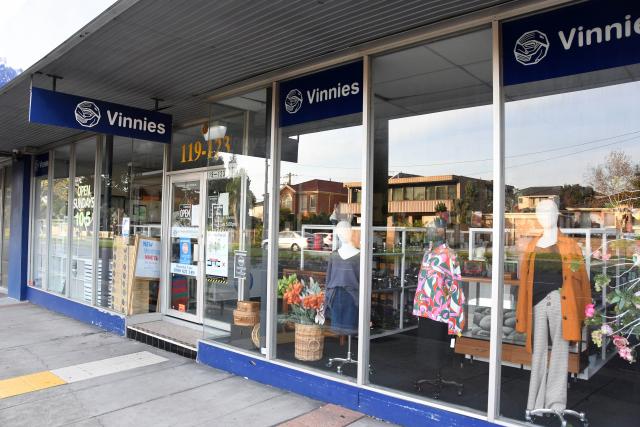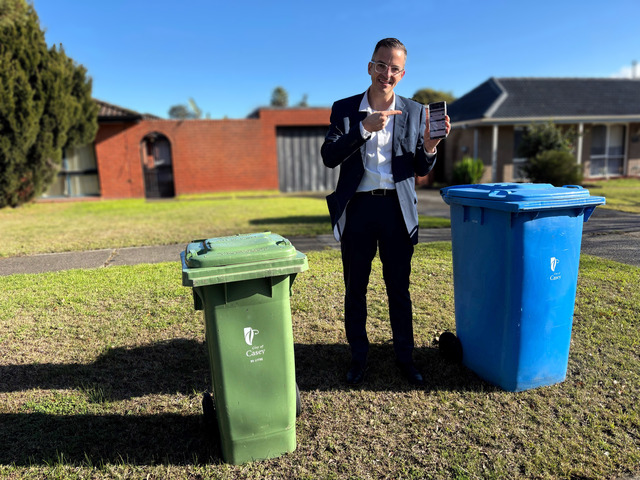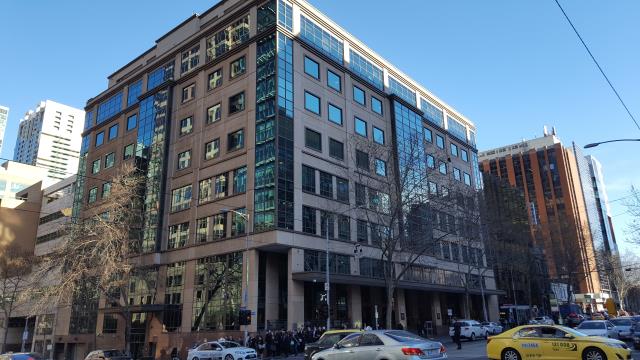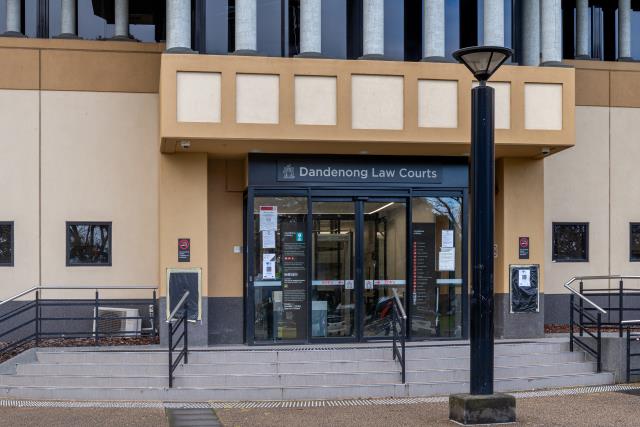As part of the State Budget announcement, the State Government has backtracked on its decision to impose waste tax on charity shops.
St Vincent de Paul Society Victoria executive commercial services general manager and Charitable Recycling Australia (CRA) director Jeff Antcliff called the news a relief.
“CRA is relieved that the Victoria Government has confirmed the commitment to ensuring charities are protected from the impact of the land fill levy,” he said.
The protection will take form of a levy rebate or exemption.
Currently, charities are working with Department of Energy, Environment and Climate Action (DEECA) “to implement the most efficient and practical support for 1 July 2023,” Mr Antcliff said.
In a letter, Minister for Environment Ingrid Stitt said the support will continue in an ongoing manner.
“This new commitment reflects the government’s recognition of the important role that charitable recyclers play in Victoria’s circular economy, and the vital work charities do to support Victorian communities,” she said.
“This temporary waiver will be in place while the permanent solution is developed and finalised.”
This announcement comes after the Victorian Government’s decision to wind back on the waste levy protections for charities from July this year.
Charity shops could have received $1.5 million in an “unfair” tax which equates to 428,571 meals for those in need according to CRA chief executive Omer Soker in his open letter to Ms Stitt on Tuesday 2 May.
Charity shops provide $232 million worth of relief in food, shelter, mental health services, crisis support and wide range of disability and illness support.
“Without charity shops, your government would need to pay for these services – or let Victorians in need go without essential support,” Mr Soker said in his open letter.
Without the waste protection levy, charity shops would’ve been forced to cut down on a lot of their vital services to the community to pay off the tax on waste dumped at their front doors.
Mr Antcliff said at this time, an increasing number of Victorians need help.
“Charity shops need certainty in these times of increasing pressures on the community with the rising cost of living,” he said.
“We are seeing more Victorian’s asking for help. As social enterprises we exist to help our communities and causes.
“The commitment is good news.”







